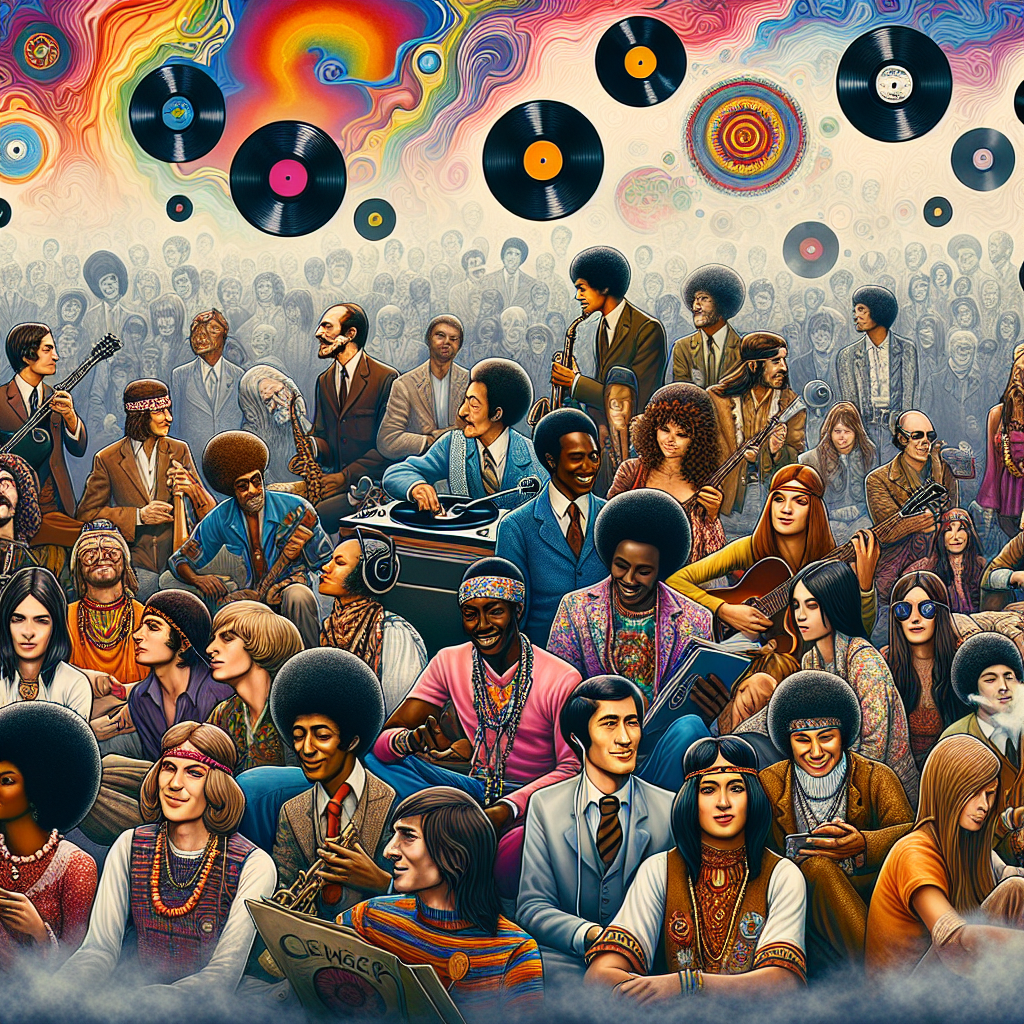Music has always played a significant role in shaping culture and society, but perhaps no other time period exemplifies this more than the 1960s and 1970s. The music of this era not only reflected the cultural revolution taking place, but also helped to define it. From the anti-war movement to the civil rights struggle, music was at the forefront of social change.
Politicians and activists often used music as a powerful tool to convey their message and mobilize supporters. Artists like Bob Dylan and Joan Baez became synonymous with the protest movement, using their lyrics to challenge authority and inspire action. Songs like “Blowin’ in the Wind” and “We Shall Overcome” became anthems for social justice movements around the world.
In addition to its political impact, music also played a key role in shaping fashion trends during this time. The psychedelic sounds of bands like The Beatles and Pink Floyd influenced everything from clothing styles to album artwork. The rise of rock festivals like Woodstock further solidified music’s connection to youth culture and rebellion.
Advancements in technology also played a significant role in shaping the sound of this generation. The introduction of electric guitars, synthesizers, and recording techniques allowed artists to experiment with new sounds and push boundaries creatively. This innovation led to the birth of genres like psychedelic rock, funk, and disco.
Overall, the soundtrack of the 60s and 70s encapsulates a time of immense cultural change and creativity. Music served as a unifying force for a generation that was seeking to break free from societal norms and create a better world. It continues to inspire us today, reminding us of the power that art has to shape our lives and our society.


Get involved!
Comments